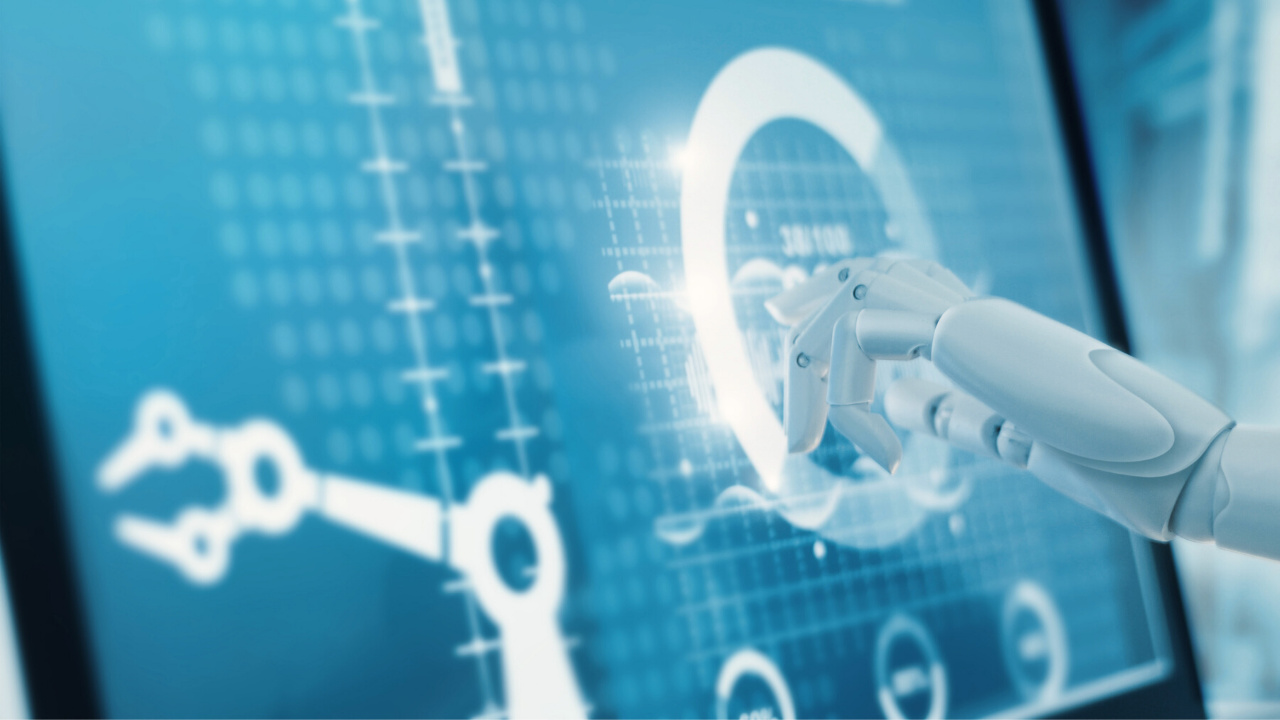As we enter a new decade, it is clear that technology will play a bigger role than ever in our daily lives and more specifically, how we work.
Hyper-automation, which stacks multiple machine learning software packages on top of automation tools, will become a mainstay in the 2020s. While hyper-automation will have the ability to complete work tasks efficiently, it will be vital for organizations to keep humans in the loop of the process and create a collaboration between the two.
“Artificial intelligence is becoming good at many ‘human’ jobs — diagnosing disease, translating languages, providing customer service – and it’s improving fast. This is raising reasonable fears that AI will ultimately replace human workers throughout the economy,” said Jacob Morgan, founder of The Future of Work University. “But that’s not the inevitable or even most likely, outcome. Never before have digital tools been so responsive to us, nor we to our tools. While AI will radically alter how work gets done and who does it, the technology’s larger impact will be in complementing and augmenting human capabilities, not replacing them.”
Additionally, digital adoption solutions (DAS), will accelerate employee adoption through real-time, on-screen prompts in an application. DAS provides helpful guides so that users can easily navigate their systems and learn them at a quicker pace.
Furthermore, technology will continue to shape how organizations attract and retain their talent by improving their experience overall. Through the use of certain tools, companies can allow their workers to work remotely which leads to higher job satisfaction and better work-life balance.



 Dr. Gleb Tsipursky – The Office Whisperer
Dr. Gleb Tsipursky – The Office Whisperer Nirit Cohen – WorkFutures
Nirit Cohen – WorkFutures Angela Howard – Culture Expert
Angela Howard – Culture Expert Drew Jones – Design & Innovation
Drew Jones – Design & Innovation Jonathan Price – CRE & Flex Expert
Jonathan Price – CRE & Flex Expert











